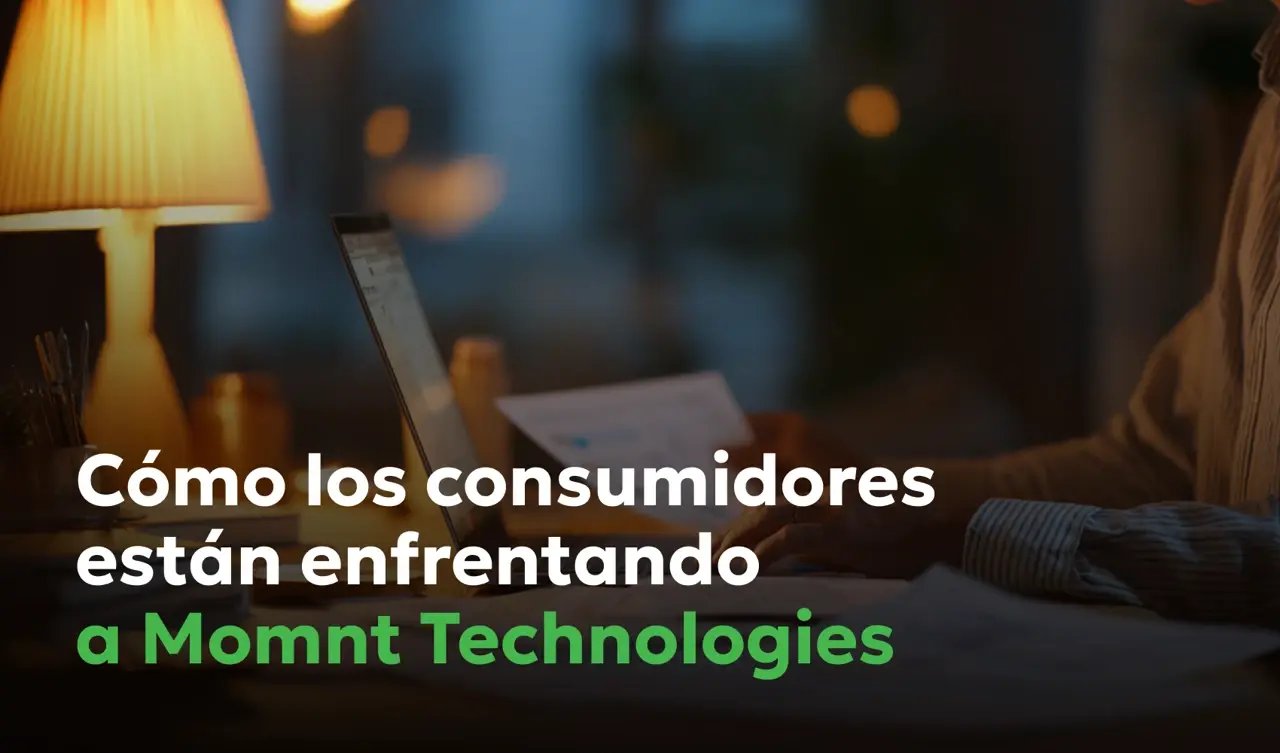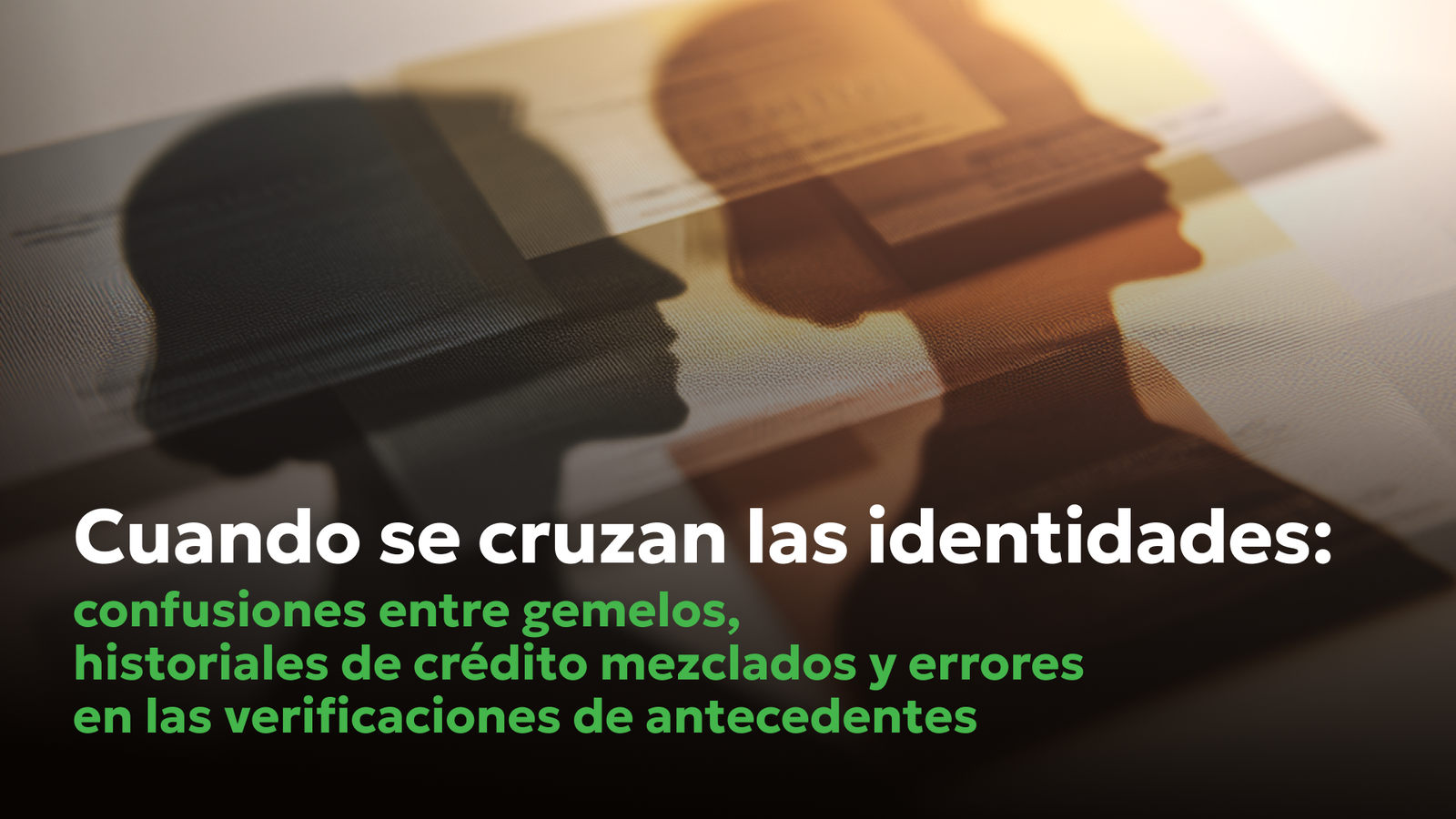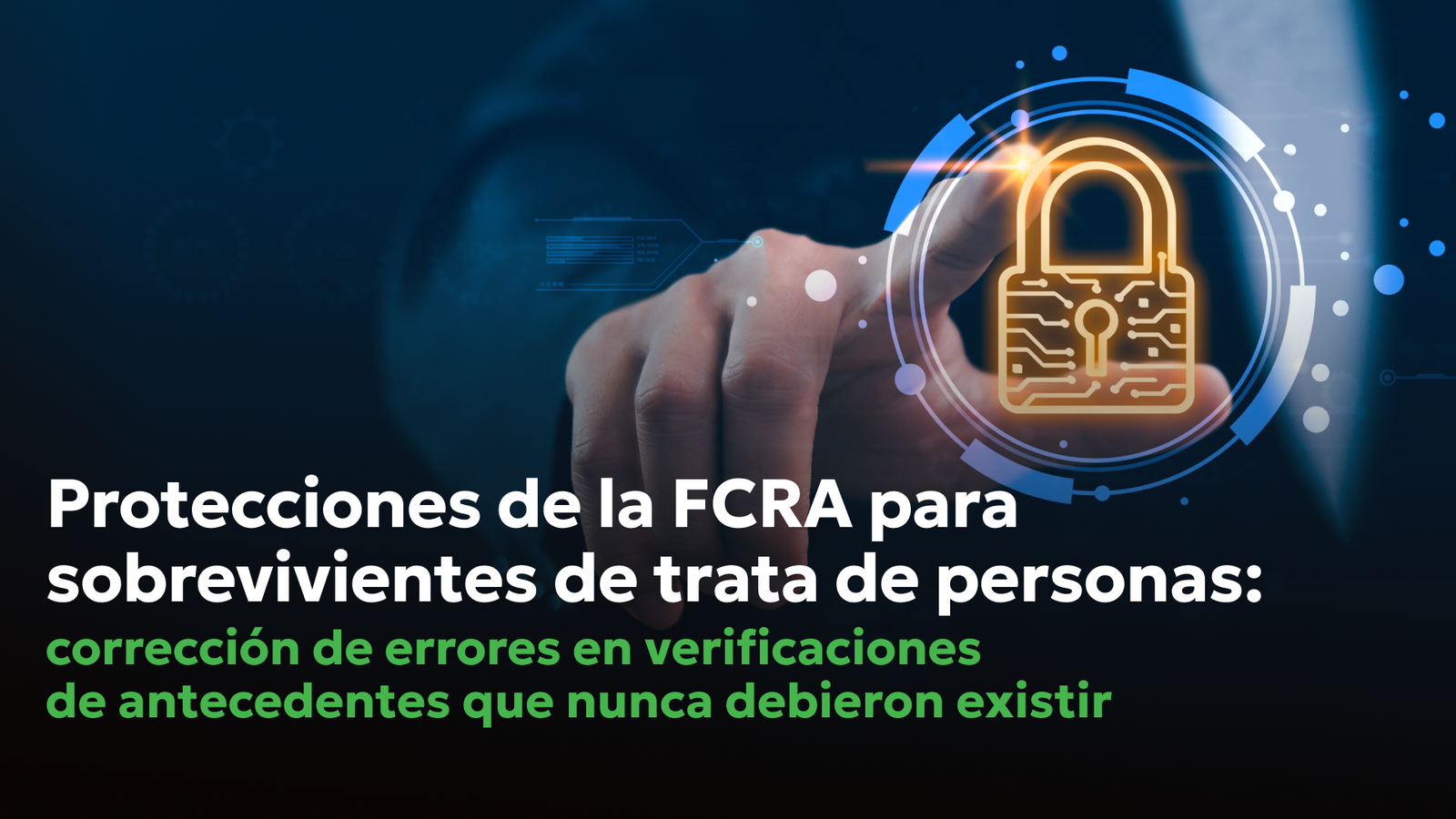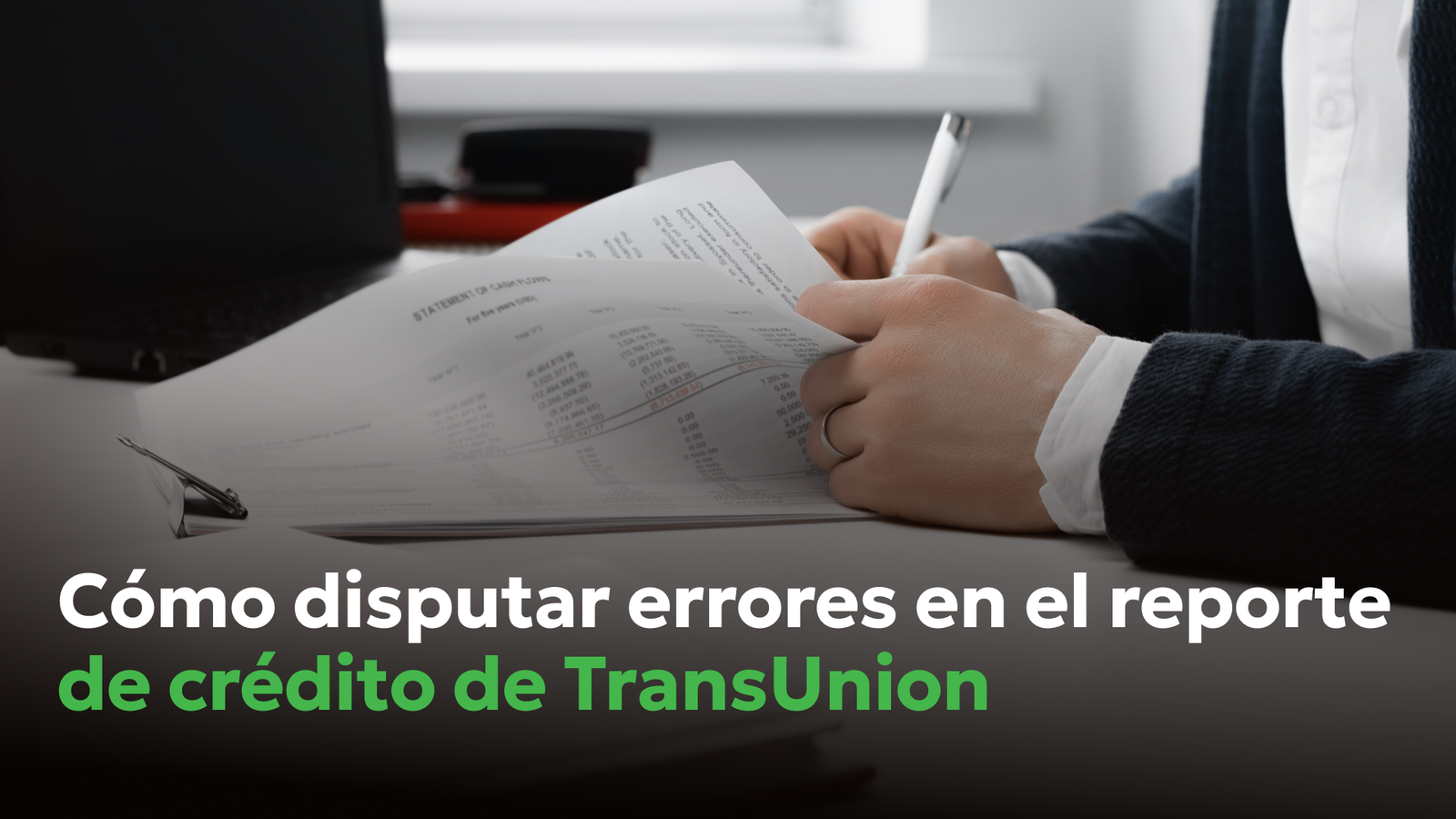¿Cómo ha afectado el COVID-19 a los errores en los informes de crédito?
- Blog
- Inexactitudes en los Informes de Crédito
¿Cómo ha afectado el COVID-19 a los errores en los informes de crédito?

Entre los muchos problemas creados por la pandemia, los errores en los informes crediticios se están multiplicando como consecuencia de la nueva legislación y política.
El COVID-19 ha provocado un aumento significativo de errores en los informes crediticios. Descubra cuales fueron las causas y cómo puede solucionarlas si su informe de crédito está mostrando errores.
Cuando la pandemia del COVID-19 surgió a principios de 2020, se presentó como una amenaza mundial implacable de bloqueo económico y desempleo masivo. Sin embargo, presentó desafíos aún peores en los EE. UU.
Esta pandemia ha provocado un aumento exponencial de los casos de errores en los informes crediticios.
Según el www.uspirg.org - Grupo de Investigación de Interés Público de los Estados Unidos, las quejas presentadas a la Oficina para la Protección Financiera del Consumidor en 2020 con respecto a errores en los informes crediticios se dispararon en un 86% en comparación con el año anterior.
Históricamente, los errores en los informes de crédito han demostrado ser un dilema para los consumidores. Un estudio de 2013 realizado por la Comisión Federal del Comercio descubrió que uno de cada cuatro consumidores tenía al menos un error en su informe de crédito.
Los errores en los informes crediticios son comprensiblemente peores en el contexto del COVID-19 porque presentan desafíos financieros adicionales para las personas que ya enfrentan una economía tambaleante.
¿Cómo aumentó la pandemia los errores en los informes crediticios?
La pandemia provocó un aumento significativo de los casos de errores en los informes crediticios. Esto se atribuye en gran parte a la aprobación de la Ley CARES y a la relajación de la política por parte de la Oficina para la Protección Financiera del Consumidor.
La Ley CARES
La Ley de Ayuda, Alivio y Seguridad Económica por Coronavirus (CARES, por sus siglas en inglés) fue aprobada por el Congreso en marzo de 2020 para ayudar a los estadounidenses afectados por la pandemia.
La legislación exigía a las empresas que conceden hipotecas y préstamos para estudiantes respaldadas por el gobierno federal que ofrecieran pagos aplazados, que debían declararse como actuales. Esto se estructuró para brindar a los consumidores algún alivio.
De hecho, otras empresas, incluidas las empresas de tarjetas de crédito, ofrecieron pagos aplazados por iniciativa propia.
¿Cuándo comenzó a funcionar todo mal?
Lamentablemente, varias empresas informaron erróneamente de los pagos aplazados como atrasados en lugar de al corriente. Además, los préstamos concedidos con indulgencia también se informaron incorrectamente como tardíos. Muchas personas calificaron para prórrogas por retrasos en los pagos de préstamos gracias a la Ley CARES. Sin embargo, muchas de las empresas que ofrecían aplazamientos no cumplieron con la nueva ley.
Esto dio lugar a innumerables errores en los informes de crédito y a una caída de las calificaciones crediticias.
Una relajación de la política
Otra razón para el escandaloso número de errores en los informes crediticios es la creciente acumulación de reclamaciones. Las consultas y objeciones de las agencias de informes crediticios se han acumulado porque no están obligadas a responder tan rápido como durante la pandemia.
Normalmente, la ley prescribe a las agencias de informes crediticias un plazo de 30 días para resolver las disputas. Sin embargo, con el aumento de los casos del COVID-19, la Oficina para la Protección Financiera del Consumidor alivió esta regla.
Aunque la medida se tomó con intenciones positivas, no se estableció un plazo alternativo. En cambio, la Oficina para la Protección Financiera del Consumidor solo postuló que una empresa tenía que hacer un esfuerzo de buena fe. Esto ha dado lugar a innumerables quejas sobre la lenta respuesta de las agencias de informes crediticios a las disputas.
Por lo tanto, el COVID-19 afectó a los errores de informes crediticios al hacerlos crecer astronómicamente. ¿Ha sido víctima de estos errores? ¡Ayudar a los clientes a resolver los errores en los informes crediticios es nuestra especialidad!
Contáctenos para saber cómo nuestro equipo de expertos puede ayudarle.


Daniel Cohen es el fundador de Consumer Attorneys. Daniel gestiona los esfuerzos de branding, marketing, captación de clientes y desarrollo de negocio de la firma. Desde 2017 es miembro de la Asociación Nacional de Defensores del Consumidor y del Centro Nacional de Derecho del Consumidor. Es reconocido nacionalmente en la protección de los consumid... Leer más





Artículos relacionados




R
ES™Usted no asume ningún gasto. La ley exige que ellos paguen.


